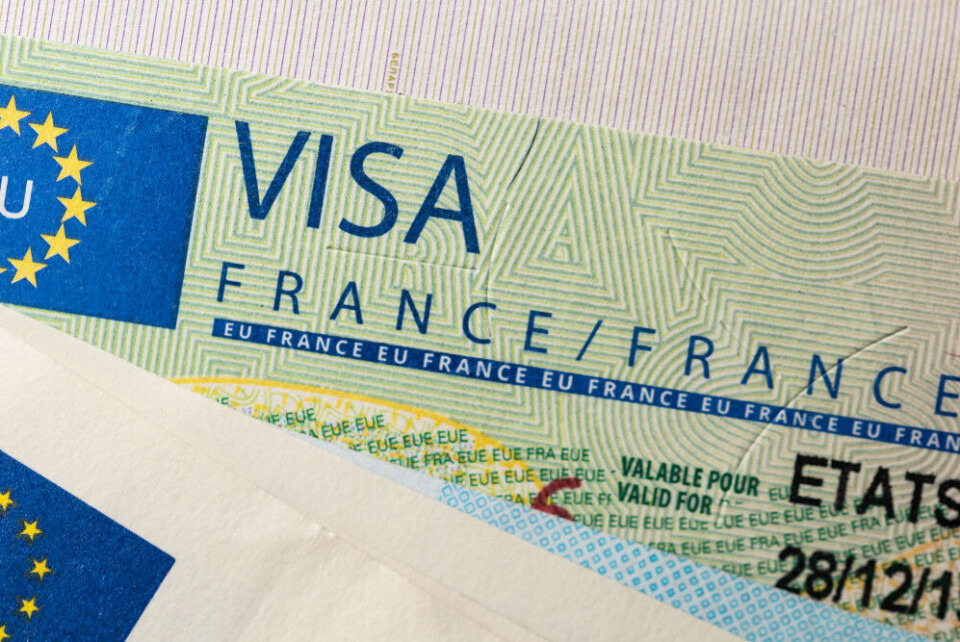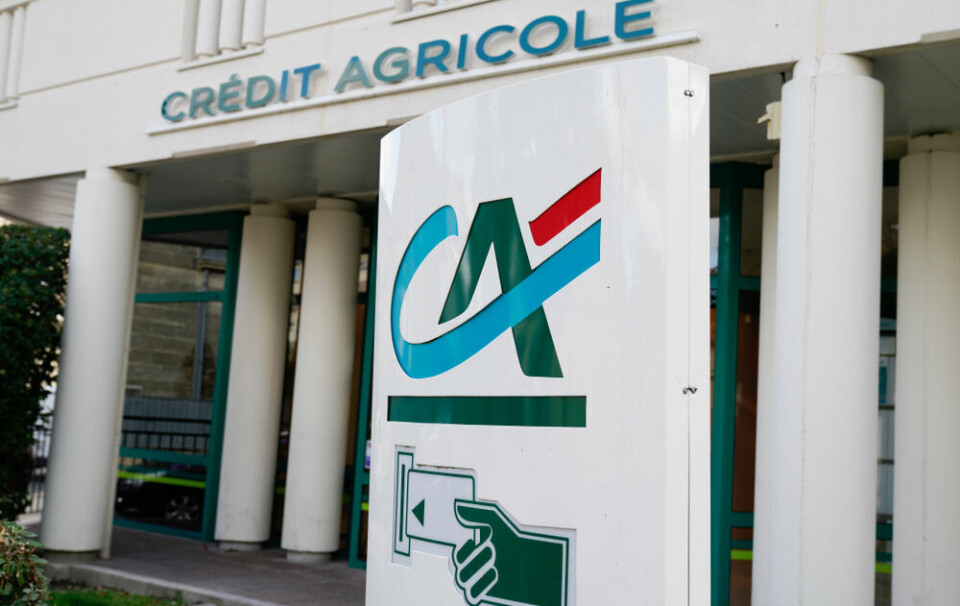-
Brexit residency card renewals: 12 confusion points and solutions
We look at timing for applications, documents needed (and not needed) and what rights if card is delayed
-
Which internet provider is best for fixed and mobile coverage in France?
A recent study evaluated criteria including speed, uploads, latency, and streaming performance
-
Why it is becoming harder to park in urban areas in France
A new law is set to come into force this year
Explainer: The documents needed for French long-stay visa application
This is for those wishing to stay in France for more than three months

To spend more than 90 days in France, if you are a non-EU/EEA citizen, it is necessary to apply in advance for a long-stay visa and a variety of documents will be required.
The duration of a long-stay visa is from four months to one year.
In order to extend your stay beyond the period of validity of your visa, notably if your intention is to remain in France as your main home, holders must apply for a residency card in France.
Long-stay visa categories
The long-stay visa, also referred to as a ‘category D’ visa, is available for a variety of different purposes and stays, including extended temporary stays and also when moving to France.
For example they can enable people to:
-
Stay for an extended period for tourist or personal reasons
-
Carry out work
-
Pursue long educational courses
-
Join family members who already live in France
In any of the above situations, you will be required to provide supporting documents specific to your situation to your application.
What documents are needed?
Once you know your reasons for coming to France and how long you want to stay, you can start your application process by using the visa wizard on the France Visas website.
This will give you a basic list of documents that will be required, which vary depending on your nationality, country of application, marital status, and type of visa.
Some of the documents potentially required include:
-
Your passport (this must have been issued less than 10 years ago, and be valid at least three months after the date on which the visa you are applying for would expire
-
Proof of residence in the country you are applying from if you are not a citizen
-
Two passport-style ID photos
-
Proof of your socio-economic situation (retired, employed, self-employed, etc.)
-
An attestation stating the purpose for your stay (for example, second-home owner wishing to visit or carry out maintenance on your holiday home)
-
Proof of health insurance for the stay. Ehics/Ghics are accepted for people coming from the UK for trips for up to six months, but otherwise private health insurance will usually be required for the visa period (up to one full year when moving to France), apart from in the case of UK state pensioners who are entitled to an S1 form.
-
Proof of home ownership or rental in France, or of your intended place of residence (hotel booking, house deeds, attestation from your host etc)
-
Proof of sufficient funds (for example, three months of bank statements showing your salary, or an appropriate savings account).
Other documents you may need will depend on your reason for visiting France.
For example a student would need proof of enrolment on a course, whereas an employee might need a contract of employment. Family of a French national could provide a marriage, civil partnership, or birth certificate.
Next steps
Residents of many countries, including the UK and US are asked to make an initial application for their visa via the France-Visas site, rather than printing out a paper form.
However, the process generates a form at the end, which you should print off, along with a receipt.
The online process will also confirm the list of other supporting documents for your specific case.
At this point it is time to book a visa appointment and a service fee is payable (in the UK for example this is currently €55).
In the case of the UK and US appointments are booked via the websites of third-party contractors and the appointments are at one of their offices. You will pay a further fee for the visa itself at the appointment.
There is more information country by country, at this link.
You should bring to the appointment originals of all documents, your passport, and photocopies of these, including important passport pages.
The service will check the papers, scan or take a photo, scan your fingerprints, and retain your passport and document copies for forwarding to the consulate for processing.
Collecting your passport and visa
You can track the application’s progress online. Any queries or requests for more documents will usually be by email.
When the visa is ready, you can collect your passport or pay for courier delivery.
Another person can collect it if they bring application print-outs, a copy of your passport and a letter of authorisation from you.
Read also
Visa for British second-home owners in France: How often can we apply?
How becoming a French resident can bring tax and travel benefits
How long to get a visa for France, what is cost for a courier service?
























